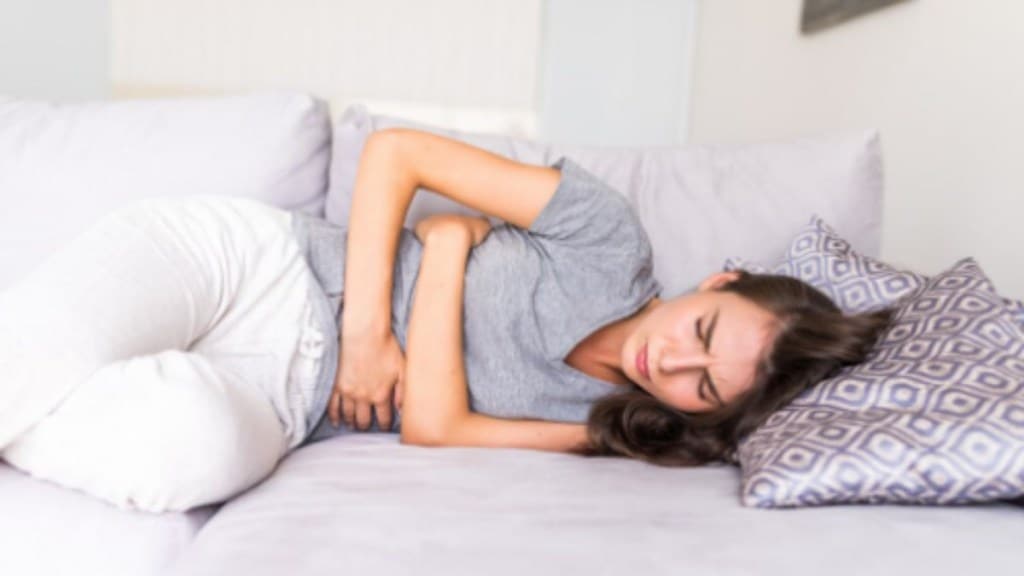For many people, a day simply doesn’t start without that first cup of coffee. It’s the caffeine that helps you relax, feel more focused, and get through the day. But during ‘that time of the month,’ when cramps and mood swings hit, a question often pops up, if the daily coffee helps, or is it just making things worse?
Many women reach for a warm cup of coffee hoping it will fight the fatigue and negative feelings that come with their menstrual cycle. But does coffee actually help relieve menstrual pain? According to experts, the answer isn’t a simple yes or no, but it’s actually a little complicated.
How caffeine impacts your body
Dr. Renuka Borisa, Consultant in Obstetrics and Gynaecology at Kokilaben Dhirubhai Ambani Hospital, Navi Mumbai, explains caffeine is what we call a vasoactive substance, which means it directly affects the size of your blood vessels. When you consume caffeine, it can cause your blood vessels to tighten (constrict). This means less blood might reach the uterus, which can, in turn, make your existing cramps feel more painful.
Also, caffeine increases the amount of cortisol in your blood. Cortisol is the body’s main stress hormone. “When this hormone goes up, it can increase muscle tension across your body, which often makes the pain caused by menstrual cramps feel much worse. To add to this, caffeine can also lead to dehydration, and not being well-hydrated is a known factor for worsening period pain,” Dr. Borisa explains.
Why it’s different for everyone
According to a study published in the American Journal of Epidemiology, heavy caffeine consumption was associated with a reduced risk of prolonged menstruation, suggesting a complex relationship between caffeine and menstrual function. Some women actually report that a moderate amount of caffeine helps them during their period. They find it successfully fights fatigue, boosts their mood, and doesn’t cause any cramps at all.
How caffeine affects you depends on a few key factors including your personal sensitivity to caffeine, how well-hydrated you are on a daily basis, and your overall diet. Basically, what works for your friend might not work for you.
What does an expert recommend?
Experts recommend limiting your caffeine intake during your menstrual cycle. Ideally, you should aim for no more than 200 mg of caffeine a day, which is roughly the amount found in one average cup of brewed coffee.
Dr. Borisa also suggests exploring other warm drinks. Some women find that drinking herbal teas, such as chamomile or ginger, can be very helpful. These teas are known to be anti-inflammatory, meaning they can help relax the uterus and ease the pain.
So coffee itself doesn’t cause period cramps out of nowhere. However, the resulting dehydration and the tightening of your blood vessels may make the cramps you already have feel much worse. The best way to handle it is to pay attention to your own body and limit caffeinated drinks as needed.

